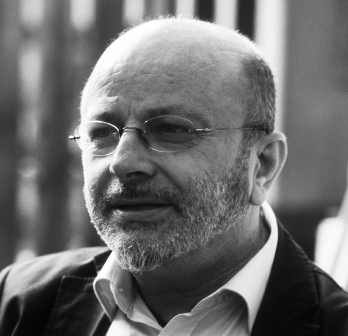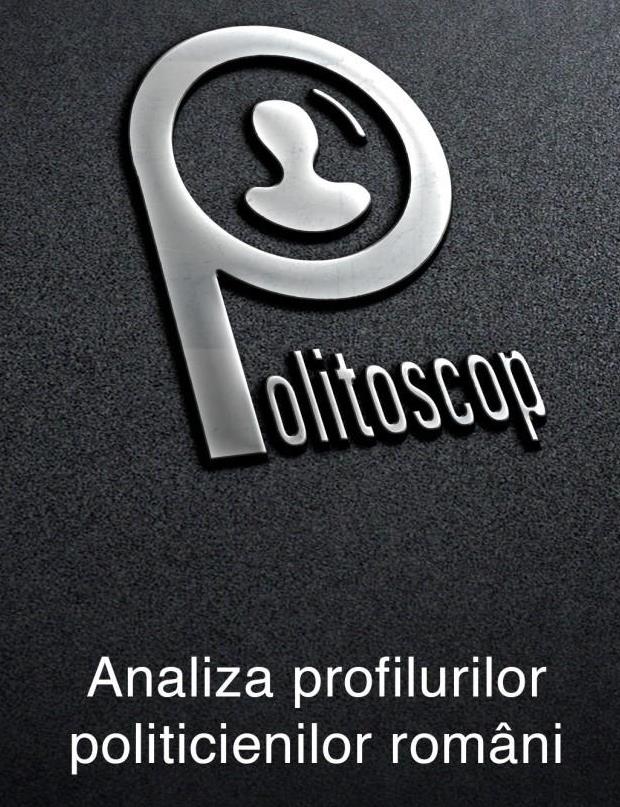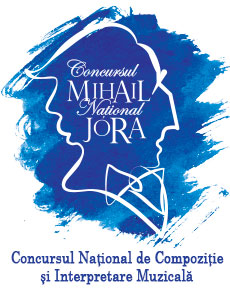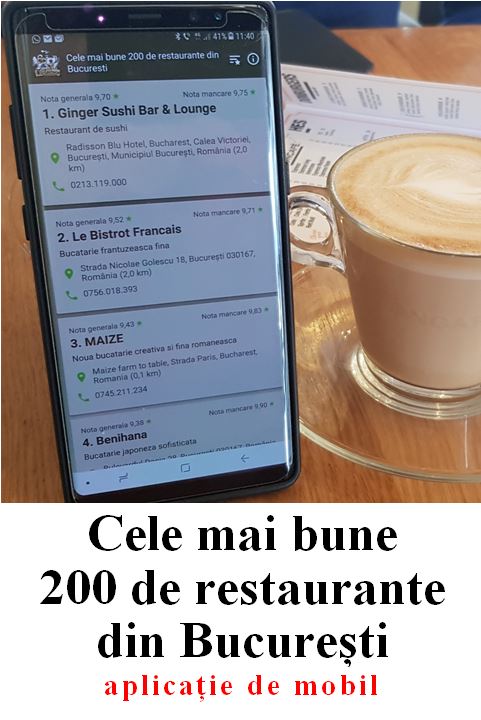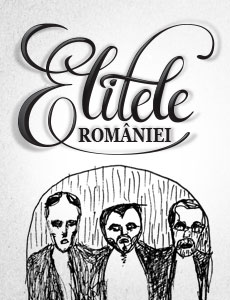Titu Maiorescu Romanian Cultural Institute in Berlin
in cooperation with Arbor Mundi. Institute for Advanced Study in Intercultural Humanism, Bochum and Moldova-Institut, Universität Leipzig
Germany and Romania: Academic, Cultural, and Ideological Transfers
CONFERENCE AND SUMMER SCHOOL
Berlin
Titu Maiorescu Romanian Cultural Institute
Koenigsallee 20 A, D-14193 Berlin
July 19-25, 2008
Directors: Sorin Antohi, Klaus Bochmann, Jörn Rüsen
Coordinator: Gabriel Jarnea
The first foreign model students of Romanian culture routinely mention is the French one. The ‘French Connection’ is admittedly one the most formative (long-distance) entanglements encountered in the study of modern Romania. But it is definitely not the only one. Also, it tended to fade towards the end of the 19th century, facing fierce competition from the German model – maybe the model in interwar Romania. The very competition between these two major ‘constitutive Others’ is worth looking into as well, since they can be better understood by means of an examination of their own bilateral entanglements on the cultural/political territories of other nations. Thus, the study of the German-Romanian transfers (and of the few Romanian-German ones, from Cantemir to Celan and Celibidache) becomes part of a more comprehensive, intercultural study of European transfers and entanglements.
To assess the long-term German-Romanian academic, cultural, and ideological transfers, Sorin Antohi, Klaus Bochmann, and Jörn Rüsen have designed and will direct an integrated program including a conference, a summer school targeted at young academics (advanced students, doctoral students, and postdocs), and a collective volume. Working languages: German, Romanian, English. All presentations and debates are in German or English, but good knowledge of Romanian is critical. Summer school participants are expected to be fluent in two of the three languages, and to have an intermediate to advanced knowledge of the third.
Methodologically and theoretically, the conference and the summer school concentrate on notions such as transfers, comparisons, and entanglements. Case studies are to be selected from among the German-Romanian ‘connections’, and systematically discussed in larger contexts (East Central European, European, intercultural, transdisciplinary, etc.).
